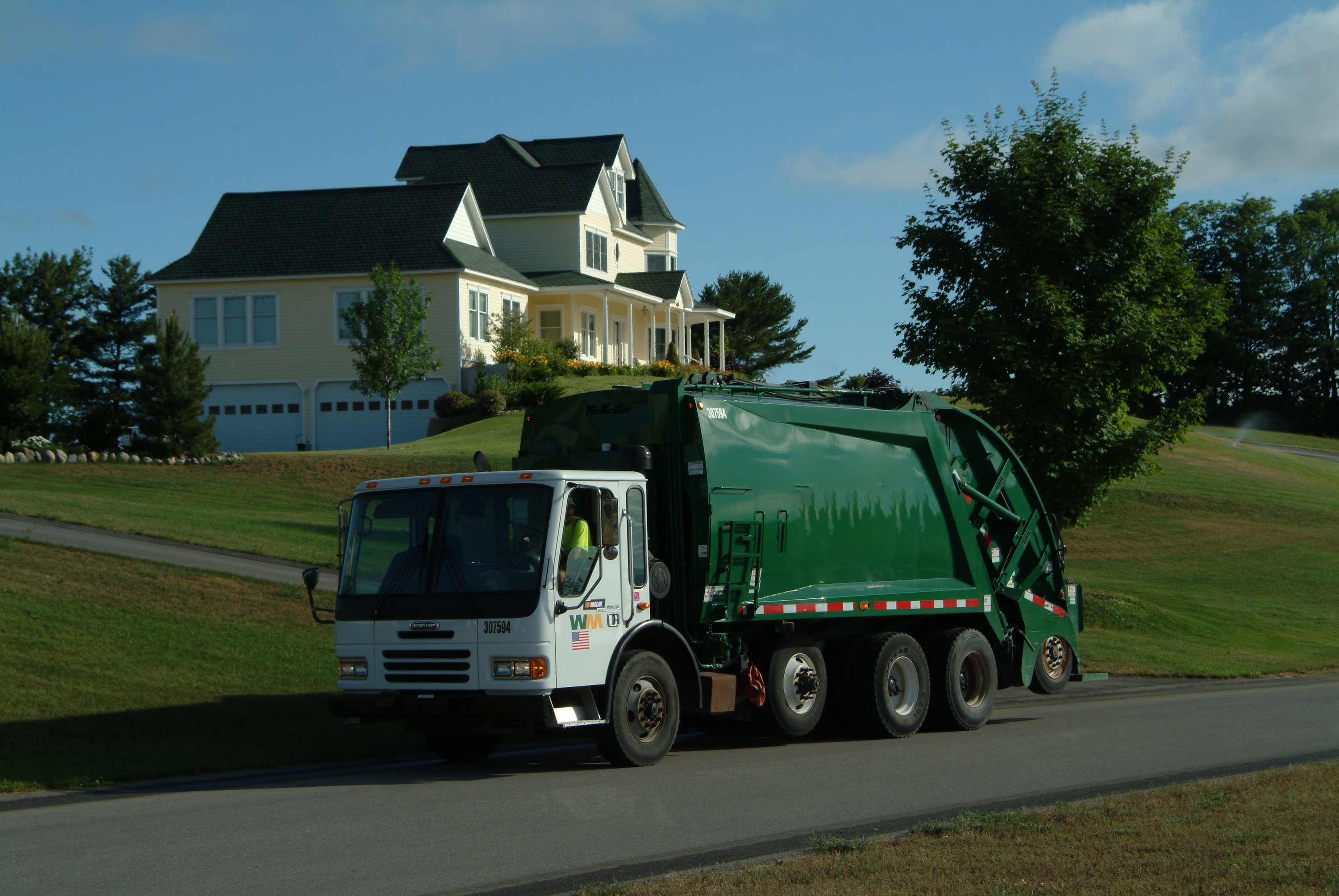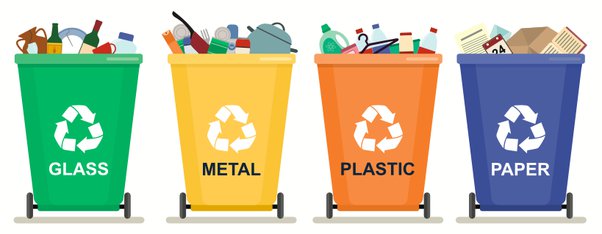
Dallas Waste Management
Waste management is an essential aspect of urban living as it ensures a safe and healthy environment for citizens. Dallas, the third-largest city in Texas, has a robust waste management system that is both sustainable and environmentally responsible. The city has implemented various initiatives to minimize waste generation, promote recycling and composting, and reduce the amount of waste sent to landfills. This article explores Dallas’s waste management practices, including its recycling program, waste diversion efforts, and landfill management.
Recycling in Dallas
Dallas has a comprehensive recycling program that encourages residents and businesses to recycle their waste. The city accepts a wide range of materials for recycling, including paper, cardboard, glass, metal, and plastic. Recycling in Dallas is voluntary, and residents can opt-in to receive a recycling bin from the city.
The city has made significant strides in increasing its recycling rate in recent years. In 2019, Dallas reported a recycling rate of 23.5%, up from 9.9% in 2013. The city has set an ambitious goal of achieving a 40% recycling rate by 2025. To achieve this goal, Dallas has implemented several initiatives, including:
- Education and outreach: The city conducts regular education and outreach campaigns to promote recycling and educate residents about what materials are accepted for recycling.
- Recycling carts: Dallas has distributed over 80,000 blue recycling carts to residents across the city. The carts have helped to increase the amount of material collected for recycling.
- Recycling drop-off centers: Dallas has several recycling drop-off centers located throughout the city. These centers accept materials that cannot be collected through the curbside recycling program, such as electronics, batteries, and household hazardous waste.
Waste Diversion Efforts
In addition to recycling, Dallas has implemented several waste diversion efforts to reduce the amount of waste sent to landfills. These efforts include:
- Composting: Dallas has a food and yard waste composting program for residents. The program accepts food waste, yard waste, and other organic materials and turns them into compost, which can be used to fertilize gardens and landscaping.
- Reuse programs: Dallas has several reuse programs, including the Reuse Warehouse and the Materials Exchange Program. These programs collect and redistribute unwanted items, such as building materials, furniture, and appliances, to people who can use them.
- Household Hazardous Waste Collection: Dallas provides a household hazardous waste collection program for residents. The program accepts items such as batteries, paint, and chemicals, which can be harmful to the environment if not disposed of properly.

Landfill Management
Although Dallas has implemented several initiatives to reduce waste generation and promote recycling, the city still relies on landfills to dispose of the waste that cannot be recycled or diverted. Dallas operates three landfills, which are managed by the city’s Solid Waste Management Department. These landfills are designed to minimize the environmental impact of waste disposal by implementing various measures, such as:
- Liners and leachate collection systems: The landfills are lined with impermeable liners to prevent contaminants from seeping into the groundwater. Leachate collection systems are also installed to capture and treat any liquid that seeps from the waste.
- Gas collection and management: Landfills produce methane gas, a potent greenhouse gas that contributes to climate change. Dallas’s landfills have gas collection systems that capture methane and convert it into energy, which is used to power homes and businesses.
- Landfill closure and post-closure care: When a landfill reaches its capacity, it is closed and covered with a final cap to prevent rainwater from entering.
Conclusion
Dallas has made significant strides in promoting sustainability and environmental responsibility through waste management. The city’s recycling program, waste diversion efforts, and landfill management practices are all designed to minimize waste generation and reduce the environmental impact of waste disposal. Despite challenges such as contamination and illegal dumping, Dallas remains committed to its waste management goals and is actively pursuing initiatives to achieve them. As the city looks to the future, it will continue to prioritize sustainability and environmental responsibility in its waste management practices.


